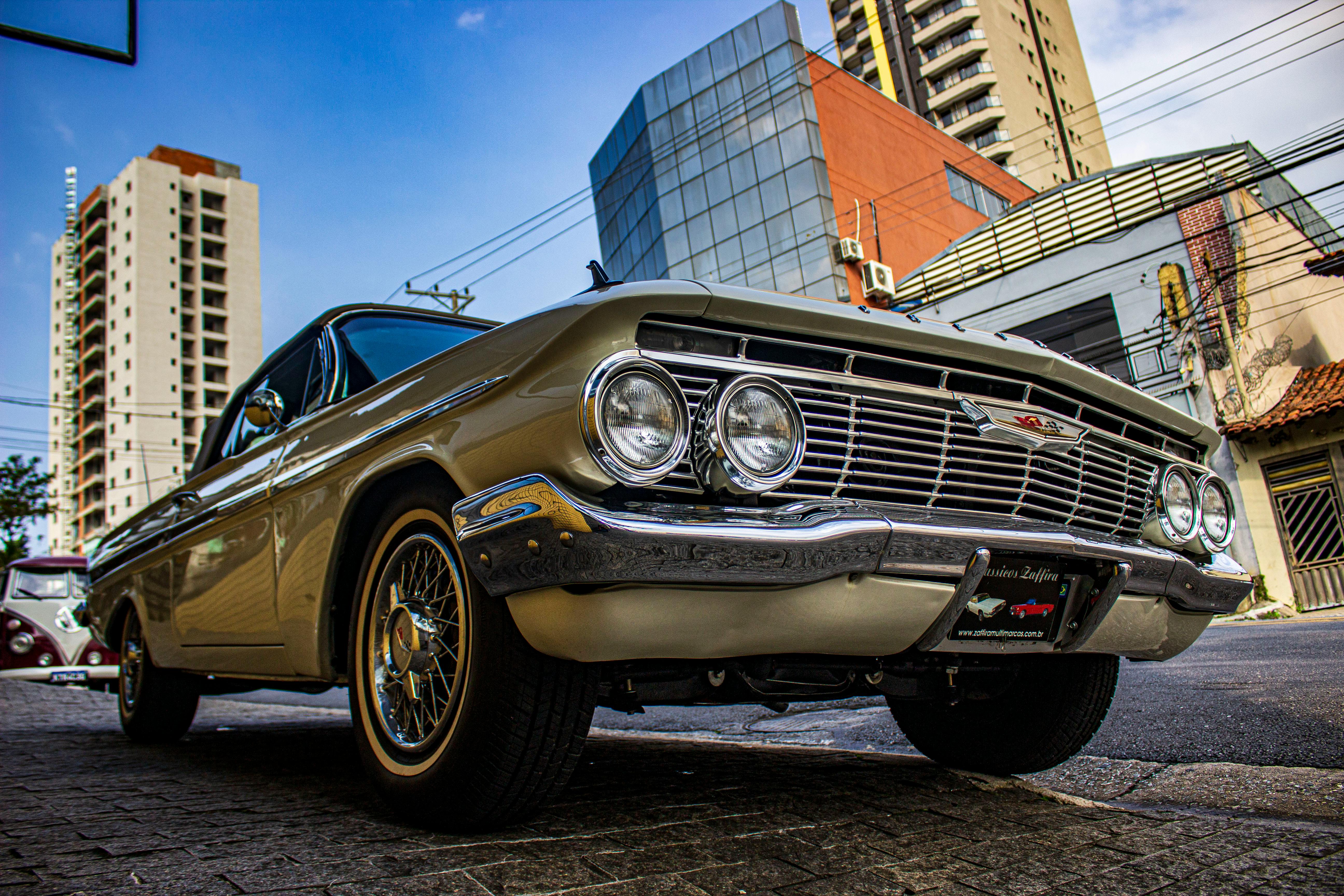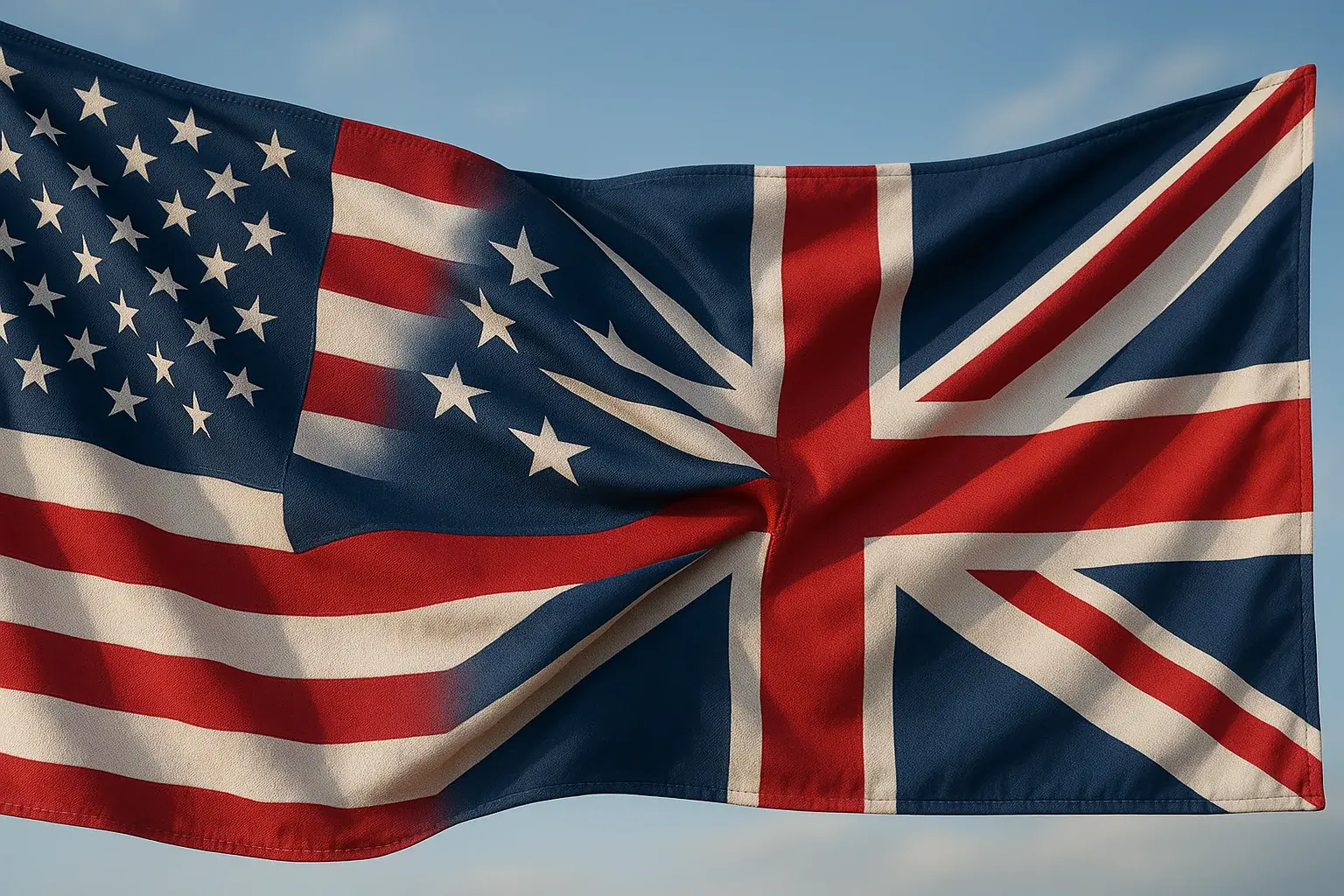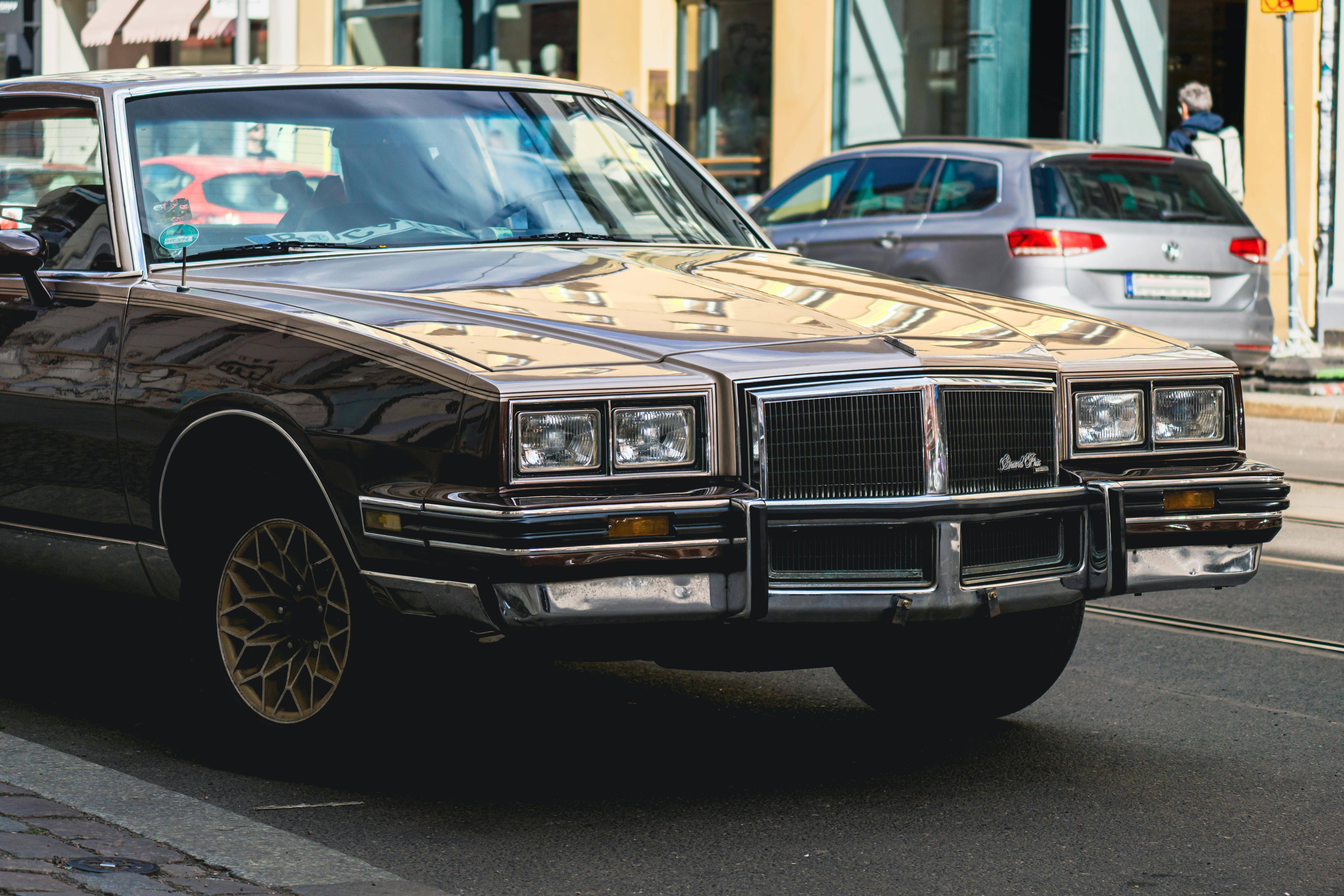Best Countries for Classic Car Exports: Post-Tariff Destinations 2025
As global trade policies evolve in 2025, the landscape for classic car exports has transformed dramatically. While recent 25% tariffs on vehicle imports to the United States have disrupted many automotive trade flows, they've simultaneously created unprecedented opportunities for American classic car exporters looking to tap into international markets. This comprehensive analysis examines which countries now offer the most favorable tariff structures, tax advantages, and market conditions for U.S.-based classic car exporters in the post-tariff era.
The Global Classic Car Export Renaissance
The American classic car has never been more appealing to international collectors. With over 35,000 classic vehicles exported from the U.S. annually, the market continues to expand as global enthusiasts seek authentic pieces of American automotive heritage. The combination of favorable currency exchange rates, evolving tariff policies, and growing collector communities abroad has created a perfect storm of opportunity for strategic exporters.
Several countries have implemented or maintained policies that specifically benefit classic vehicle imports, creating particularly attractive destinations for American classics in 2025:
France: The Premier European Destination for American Classics
France has established itself as perhaps the most financially advantageous European destination for American classic car exports, offering extraordinary tariff benefits:
Exceptional Tax Structure
France's import regime for classic vehicles provides remarkable advantages:
-
Zero Import Duty: Complete exemption from the standard 10% EU import duty for vehicles over 30 years old
-
Reduced VAT Rate: Special 5.5% VAT compared to 20% for modern vehicles
-
April 1st Qualification Date: As detailed in our French tariffs guide, each April 1st, vehicles reaching 30 years of age officially qualify for classic status
This creates extraordinary savings for American classics entering the French market. A 1990 Chevrolet Corvette valued at €45,000 would save approximately €10,000 through these exemptions compared to a modern vehicle.
Growing Market for American Muscle
The French collector market has shown increasing appreciation for distinctive American designs, with particularly strong demand for:
-
1960s and 1970s muscle cars (Mustangs, Camaros, Challengers)
-
Classic American pickup trucks (increasingly popular among rural French collectors)
-
1980s American luxury sedans (Cadillacs and Lincolns)
The combination of cultural appreciation and significant tax advantages makes France an exceptional destination for American classic car exports in 2025.
Germany: The 30-Year Rule Advantage
Germany maintains its position as Europe's largest importer of American classic cars, with its "30-Year Rule" creating substantial financial benefits:
Significant Tax Reductions
As detailed in our guide to shipping American cars to Germany, vehicles over 30 years old receive:
-
Complete duty exemption: No import duty versus 10% for newer vehicles
-
Reduced VAT rate: Only 7% versus the standard 19%
For a classic American car valued at €30,000, this represents savings of over €7,300 compared to importing a modern vehicle—more than offsetting shipping costs in many cases.
Strong Collector Infrastructure
Germany offers additional advantages for classic car exporters:
-
Extensive network of specialized mechanics familiar with American vehicles
-
Regular classic car shows and events featuring American classics
-
Strong enthusiast communities for specific American marques
-
Well-established classic car insurance options
With 2025 marking the qualification of 1995 American vehicles for classic status, models like the last-year Chevrolet Impala SS and early Ford SVT Mustang Cobras are now entering this tax-advantaged category.
Japan: Zero Tariff and Nostalgic Return Phenomenon
Japan presents a uniquely favorable environment for American classic car exports in 2025:
Universal Zero-Tariff Policy
As explored in our Japanese auto tariffs analysis, Japan:
-
Maintains a 0% tariff rate on all imported passenger vehicles
-
Exempts classic vehicles from stringent emissions and safety standards
-
Offers simplified registration for historic vehicles
Distinctive Market Opportunities
Japan's classic car market offers several specialized opportunities:
-
American Muscle Car Appreciation: Growing collector interest in authentic muscle cars from the 1960s-1970s
-
Nostalgic Reimportation: Increasing phenomenon of Japanese classics returning to their homeland after decades in American collections
-
Movie-Inspired Collections: Strong interest in vehicles featured in American films and television
Japanese collectors are particularly focused on originality and authenticity, creating premium opportunities for well-documented, numbers-matching American classics.
United Kingdom: Post-Brexit Advantages
The United Kingdom's post-Brexit tariff policy has created distinct opportunities for American classic car exporters:
Favorable Classic Car Taxation
The UK offers significant tax advantages for classic vehicles:
-
5% VAT for classics: Vehicles over 30 years old qualify for reduced 5% VAT versus standard 20%
-
Growing Price Disparity: The UK's post-Brexit tariff structure has made American classics increasingly competitive against European options
British Enthusiasm for American Classics
Several factors contribute to the UK's strong market for American classics:
-
Cultural alignment and shared language reducing barriers to market entry
-
Historical connection to American automotive culture
-
Strong emphasis on car shows and enthusiast gatherings
-
Growing perception of American classics as investment alternatives to traditional European collector vehicles
Middle East: Ultra-Premium Classic Investment
The Middle East, particularly the UAE and Saudi Arabia, has emerged as a powerhouse in the classic car market with distinctive advantages:
Favorable Tax Structures
Many Gulf states offer remarkably advantageous import structures:
-
Zero or Minimal Import Duties: Countries like the UAE maintain minimal import tariffs
-
No VAT or Reduced VAT: Several Gulf countries have no VAT or apply reduced rates to collector vehicles
-
Free Zone Advantages: The UAE's free zones allow vehicles to be stored and traded without incurring duties
Climate-Perfect Preservation Environment
The region's dry climate is ideal for classic car preservation, creating opportunities for premium vehicles that would require climate-controlled storage elsewhere.
Investment-Focused Collecting
Middle Eastern collectors often approach classic cars as investment assets:
-
Strong emphasis on blue-chip collector vehicles as alternative investments
-
Premium placed on rare, documented examples with international provenance
-
Willingness to pay significant premiums for turnkey, concours-quality examples
Strategic Approaches for US Classic Car Exporters
1. Focus on Threshold Years
The most effective approach targets vehicles just crossing critical age thresholds:
-
24-25 Year Old Vehicles: For markets using the 25-year definition of classics
-
29-30 Year Old Vehicles: For European markets with 30-year classic definitions
-
Pre-Purchase Verification: Ensuring manufacturing dates align precisely with exemption requirements
2. Documentation Excellence
Proper documentation is crucial for maximizing tariff advantages:
-
Original Build Records: Authenticating exact production dates for threshold calculations
-
Continuous History Documentation: Establishing provenance and authenticity
-
Professional Export Preparation: Ensuring all compliance and customs requirements are properly addressed
3. Market-Specific Vehicle Selection
Different regions have distinct preferences worth targeting:
-
France & Germany: American muscle cars and distinctive vehicles unavailable in European markets
-
Japan: Both American muscle and Japanese classics returning to their home market
-
UK: Iconic American models with strong cultural recognition
-
Middle East: Investment-grade collectibles with international appeal
-
China: Status-oriented luxury and distinctive design classics
Navigating the New Classic Export Landscape
The 2025 classic car export landscape presents unprecedented opportunities created by the intersection of evolving tariff policies, shifting collector preferences, and expanding global wealth. For exporters positioning themselves strategically, these market conditions offer significant potential for business growth.
Successfully navigating these opportunities requires specialized knowledge of international shipping requirements, customs procedures, and market-specific documentation. Our international car shipping services provide comprehensive support for classic car exporters looking to capitalize on these favorable tariff environments, with dedicated experts in classic vehicle transport, customs clearance, and compliance requirements.
Whether you're exporting American muscle cars to France's zero-duty environment, shipping 1990s performance cars to Germany under the 30-Year Rule, or exploring emerging opportunities in Asia and the Middle East, our team ensures your valuable classics arrive at their destinations safely, legally, and cost-effectively.
You May Also Like
These Related Stories

How 2025 Tariff Changes Create New Opportunities For Classic Cars

UK Post-Brexit Car Tariffs: Opportunities for US Exporters

-093789-edited.png?width=220&height=79&name=wcs_final_logo_(1)-093789-edited.png)
